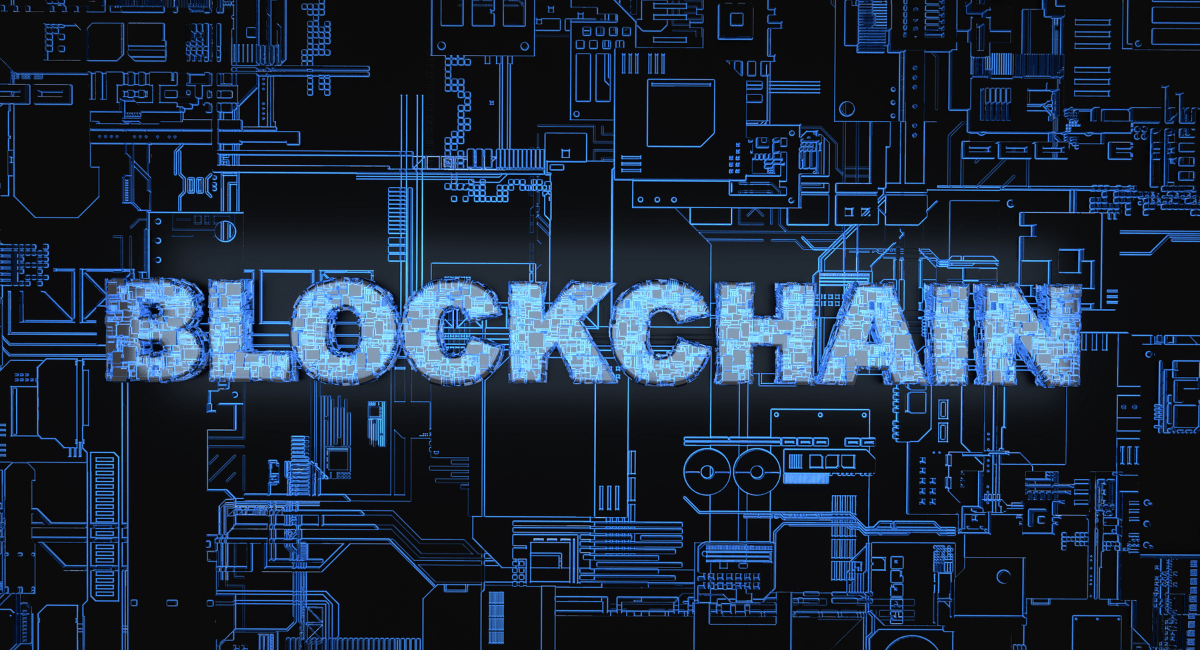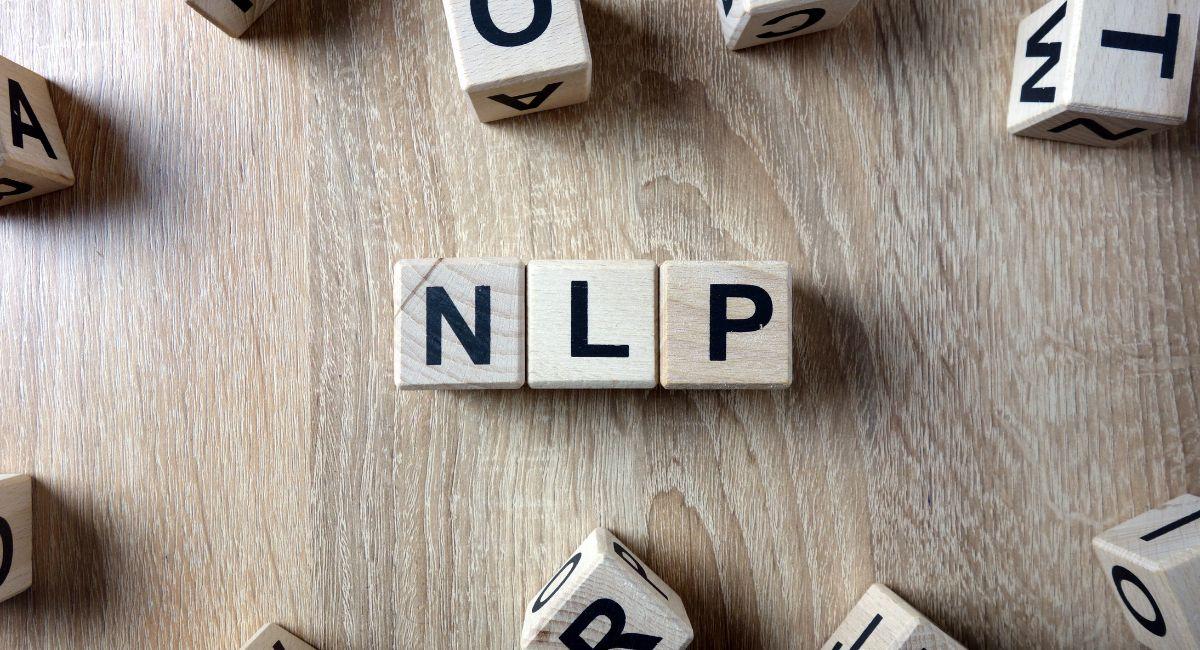The blockchain world with NLP models represents a revolutionary paradigm shift in digital transactions and decentralized systems. At its core, blockchain is a distributed ledger technology that securely records transactions across multiple nodes in a network. These transactions are grouped into blocks and linked together in a chronological chain, hence the name blockchain.
Blockchain’s key features include transparency, immutability, and decentralization. Transactions on a blockchain are transparent, meaning anyone with access to the network can view them. Once recorded, data on a blockchain cannot be altered or deleted, ensuring the integrity and trustworthiness of the information. Decentralization means that no single entity controls the entire network, reducing the risk of censorship or manipulation.
Cryptocurrencies like Bitcoin and Ethereum are among the most well-known applications of blockchain technology. They enable peer-to-peer transactions without the need for intermediaries like banks. Users can send and receive digital assets directly, securely, and with lower transaction fees compared to traditional banking systems.
Beyond cryptocurrencies, blockchain is being applied across various industries, including finance, supply chain management, healthcare, and voting systems. In finance, blockchain facilitates faster and more transparent cross-border payments, while also enabling the creation of programmable digital assets known as smart contracts. These self-executing contracts automatically enforce and verify the terms of an agreement, reducing the need for intermediaries and streamlining processes.
Supply chain management benefits from blockchain’s ability to trace the origins and journey of products from manufacturer to consumer, enhancing transparency and reducing fraud. In healthcare, blockchain ensures the secure sharing and management of patient data, improving interoperability and privacy.
Moreover, blockchain is revolutionizing voting systems by providing a tamper-resistant platform for conducting elections, ensuring the integrity and transparency of the voting process.
Despite its potential, blockchain technology faces challenges such as scalability, energy consumption, and regulatory uncertainty. However, ongoing research and development efforts aim to address these issues and unlock the full potential of blockchain in reshaping the digital landscape. As the blockchain world continues to evolve, its impact on industries and society as a whole is expected to be profound, ushering in a new era of trust, efficiency, and innovation.
Also, read- Top 10 Reasons Multimodal Interfaces Are Important In The Blockchain World
Importance of blockchain
Blockchain technology holds significant importance across various domains due to its unique characteristics and capabilities:
- Trust and Transparency: Blockchain’s decentralized nature ensures transparency and trust in transactions. Participants in a blockchain network can verify and validate transactions without relying on intermediaries, reducing the risk of fraud and manipulation.
- Security and Immutability: Transactions recorded on a blockchain are cryptographically secured and cannot be altered or deleted once confirmed, ensuring the integrity and immutability of data. This feature makes blockchain suitable for applications where data integrity is critical, such as financial transactions and supply chain management.
- Efficiency and Cost Reduction: Blockchain streamlines processes by removing the need for intermediaries, reducing transaction costs, and eliminating manual reconciliation efforts. Smart contracts, programmable self-executing contracts on the blockchain, automate processes, further enhancing efficiency and reducing administrative overhead.
- Decentralization and Resilience: Blockchain operates on a decentralized network of nodes, eliminating single points of failure and making it resistant to censorship and tampering. This decentralization enhances the resilience of the network, ensuring uninterrupted operation even in the face of network disruptions or attacks.
- Global Accessibility: Blockchain facilitates peer-to-peer transactions across borders without the need for intermediaries like banks or payment processors. This enables greater financial inclusion, especially in regions with limited access to traditional banking services.
- Innovation and Disruption: Blockchain has sparked innovation across various industries, enabling the development of new business models, products, and services. From decentralized finance (DeFi) and non-fungible tokens (NFTs) to supply chain tracking and digital identity management, blockchain technology is driving disruptive change and unlocking new opportunities for growth and efficiency.
- Data Privacy and Ownership: Blockchain can be used to create secure and verifiable systems for managing personal data, giving individuals greater control over their digital identities and data privacy. By storing data on a decentralized ledger, blockchain reduces the risk of data breaches and unauthorized access.
NLP Models in the Blockchain World
NLP (Natural Language Processing) models are increasingly finding applications in the blockchain world, leveraging their capabilities to analyze, interpret, and generate human language. Here are some ways NLP models are being integrated into blockchain technology:
- Sentiment Analysis: NLP models are used to analyze social media, news articles, and other textual data to gauge market sentiment regarding cryptocurrencies and blockchain projects. By understanding public sentiment, investors and traders can make more informed decisions about buying, selling, or holding assets.
- Smart Contract Development: NLP-based tools are employed to simplify the creation and deployment of smart contracts on blockchain platforms. These tools allow developers to write smart contract code using natural language descriptions, which is then translated into executable code. This lowers the barrier to entry for smart contract development, enabling a broader range of users to participate in blockchain-based applications.
- Decentralized Content Platforms: NLP models are used to power decentralized content platforms that reward users for creating, curating, and sharing high-quality content. These platforms leverage NLP algorithms to assess the relevance, accuracy, and engagement of content, enabling fair distribution of rewards based on content quality and user interactions.
- Blockchain-based Social Networks: NLP models are integrated into blockchain-based social networks to enhance content discovery, moderation, and personalization. These networks use NLP algorithms to analyze user-generated content, detect spam, filter inappropriate content, and recommend relevant posts to users based on their interests and preferences.
- Decentralized Identity Management: NLP models are utilized in blockchain-based identity management systems to verify and authenticate user identities using natural language processing techniques. These systems analyze textual data such as government-issued documents, biographical information, and user-generated content to verify the authenticity of user identities and prevent identity theft and fraud.
- Blockchain-based Chatbots: NLP-powered chatbots are deployed on blockchain platforms to provide customer support, answer user queries, and facilitate transactions. These chatbots leverage NLP algorithms to understand and respond to user messages in natural language, providing a seamless and intuitive user experience.
- Blockchain-based Knowledge Graphs: NLP models are employed to build knowledge graphs on blockchain platforms, organizing and linking textual data to create a structured representation of knowledge. These knowledge graphs enable efficient data retrieval, semantic search, and data analysis, facilitating the discovery of insights and trends in blockchain data.
The integration of NLP models into the blockchain world enables new use cases and enhances the functionality, usability, and accessibility of blockchain technology across various industries and applications
Just came across the Lag-Llama model for time series forecasting, a collaborative effort by Université de Montréal, CERC-AAI lab, ServiceNow, and Morgan Stanley. It’s intriguing to see a foundation model, typically seen in NLP and vision, being adapted for time series. This could…
— Glenn Lugod (@glennlugod) February 9, 2024
Importance of NLP Models in the Blockchain World
NLP (Natural Language Processing) models play a crucial role in the blockchain world by facilitating various tasks and enhancing the functionality of blockchain technology. Here are some key reasons why NLP models are important in the blockchain domain:
- Smart Contract Development: NLP models simplify the creation of smart contracts by allowing developers to write contract logic in natural language. This lowers the barrier to entry for smart contract development, enabling individuals without programming expertise to participate in blockchain-based applications.
- Decentralized Content Platforms: NLP algorithms are used to analyze and evaluate content on decentralized platforms, ensuring quality, relevance, and authenticity. By leveraging NLP models, these platforms can reward users for creating valuable content and maintain high standards of user-generated content.
- Sentiment Analysis: NLP models analyze textual data from social media, news articles, and forums to gauge market sentiment regarding cryptocurrencies and blockchain projects. This information helps investors and traders make informed decisions and anticipate market trends.
- Decentralized Identity Verification: NLP-powered identity verification systems analyze textual data such as government-issued documents and biographical information to verify the authenticity of user identities on blockchain platforms. This enhances security and prevents identity theft and fraud.
- Blockchain-based Knowledge Graphs: NLP models are used to build knowledge graphs on blockchain platforms, organizing and linking textual data to create structured representations of knowledge. These knowledge graphs enable efficient data retrieval, semantic search, and data analysis, facilitating the discovery of insights and trends in blockchain data.
- Decentralized Chatbots: NLP-powered chatbots provide customer support, answer user queries, and facilitate transactions on blockchain platforms. These chatbots leverage NLP algorithms to understand and respond to user messages in natural language, enhancing user experience and accessibility.
- Blockchain-based Social Networks: NLP models analyze user-generated content on blockchain-based social networks to detect spam, filter inappropriate content, and recommend relevant posts to users. This improves content moderation and enhances user engagement on decentralized social platforms.
Conclusion
In conclusion, the integration of Natural Language Processing (NLP) models into the blockchain world represents a pivotal advancement in technology with far-reaching implications. NLP models bring unprecedented capabilities to blockchain applications, enhancing functionality, usability, and accessibility across various domains.
From simplifying smart contract development to enabling decentralized content platforms and sentiment analysis, NLP models play a vital role in shaping the future of blockchain technology. By leveraging NLP algorithms, blockchain platforms can analyze textual data, verify user identities, moderate content, and provide personalized services, fostering trust, transparency, and innovation.
Moreover, NLP-powered solutions facilitate broader participation in blockchain ecosystems by lowering the barrier to entry for developers and users alike. With NLP models, individuals can interact with blockchain systems using natural language, making blockchain technology more inclusive and accessible to a wider audience.
As blockchain technology continues to evolve and mature, the importance of NLP models in the blockchain world will only grow. These models enable new use cases, drive innovation, and unlock untapped potential, paving the way for transformative changes in industries ranging from finance and supply chain management to social networking and identity verification.
In essence, the synergy between NLP and blockchain represents a powerful convergence of technologies, reshaping the digital landscape and laying the groundwork for a more decentralized, transparent, and efficient future. By harnessing the capabilities of NLP models, blockchain technology is poised to revolutionize industries, empower individuals, and redefine the way we interact with data and digital systems.
Stay informed with daily updates from Blockchain Magazine on Google News. Click here to follow us and mark as favorite: [Blockchain Magazine on Google News].
Disclaimer: Any post shared by a third-party agency are sponsored and Blockchain Magazine has no views on any such posts. The views and opinions expressed in this post are those of the clients and do not necessarily reflect the official policy or position of Blockchain Magazine. The information provided in this post is for informational purposes only and should not be considered as financial, investment, or professional advice. Blockchain Magazine does not endorse or promote any specific products, services, or companies mentioned in this posts. Readers are encouraged to conduct their own research and consult with a qualified professional before making any financial decisions.


